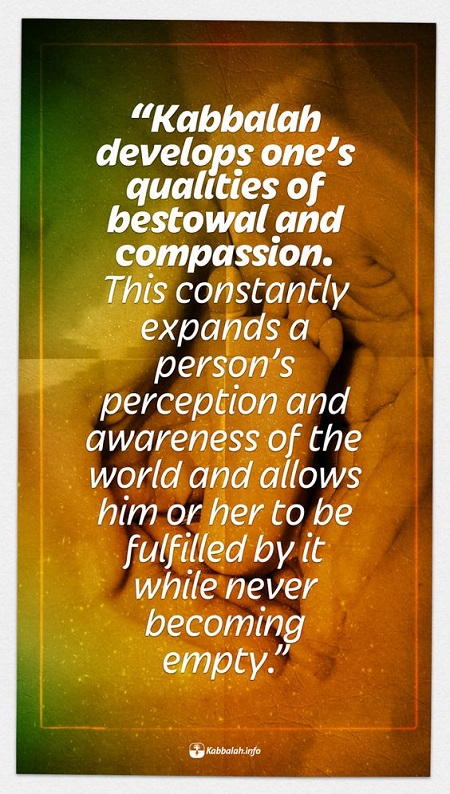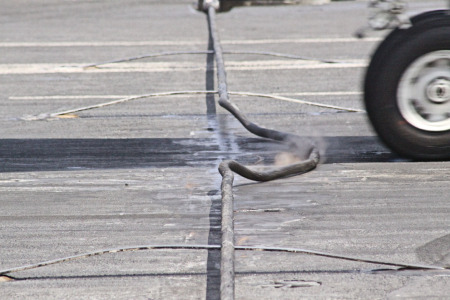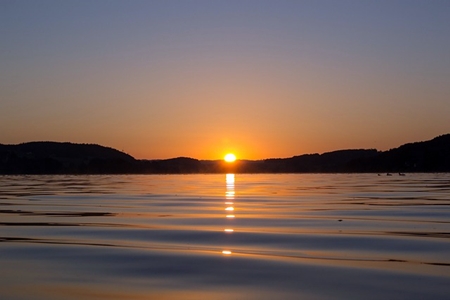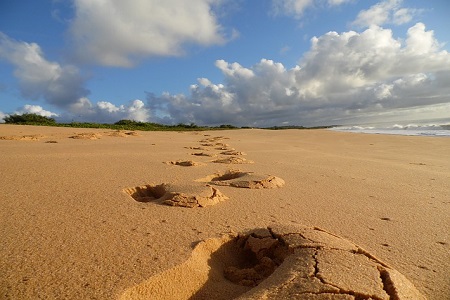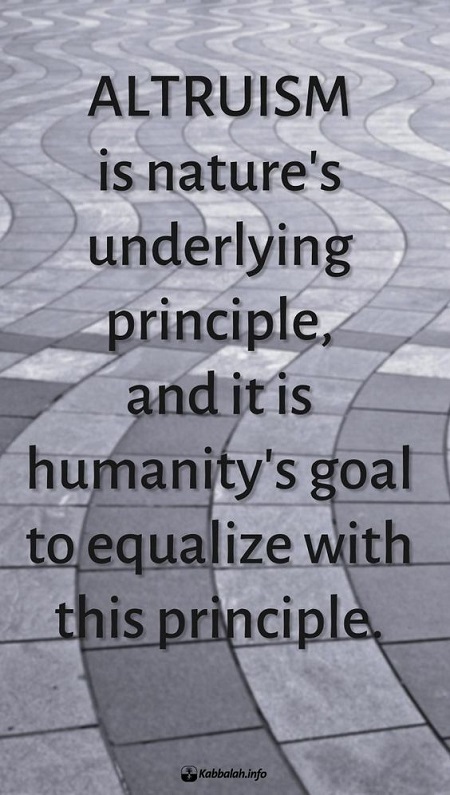
Altruism is nature’s underlying principle, and it is humanity’s goal to equalize with this principle.
Everything living receives and gives to its surrounding environment. This is nature’s underlying principle, the law of altruism.
An individual cell not only sustains itself, but also supplements other cells and organs: they must “yield” to each other, know about each other, interact, and “help” one another.
This is what happens in any living body. Biologists describe it brilliantly: they say that this is “nature’s wisdom”; that nature lives by this principle, that this is the general law of nature, and that without it, even crystals could not unite, and atoms could not interact.
Researchers are discovering such “altruistic” behavior in the substance’s tiniest particles. Moreover, altruistic behavior of the entire organism and its components clearly manifest at the vegetative and animate levels, where growth is possible only when cells unite and allocate a role for each cell without seizing foreign territory in the “cell community.”
They are talking about self-denial, about mutual understanding and mutual support of cells, parts, body organs, about each being ready to kill itself for the success of the common program. We see that such actions take a form of mandatory law in nature, in general as well as in each of its parts—except for the conscious activity of humans.
In all of nature, this law of altruism acts according to the program inherently instilled in all creatures, without any room for free will—except man. A person must reach such disillusionment with one’s own development and progress to realize the necessity to fulfill this universal law of nature, the law of altruism, within oneself as well.
When together, we exert to adapt to this law and its properties—to yearn for this law to enter our consciousness and to have the strength to establish this rule over us—we will correct the whole of nature and become an integral part of the entire creation.
Continue reading “Hope for Peace”
